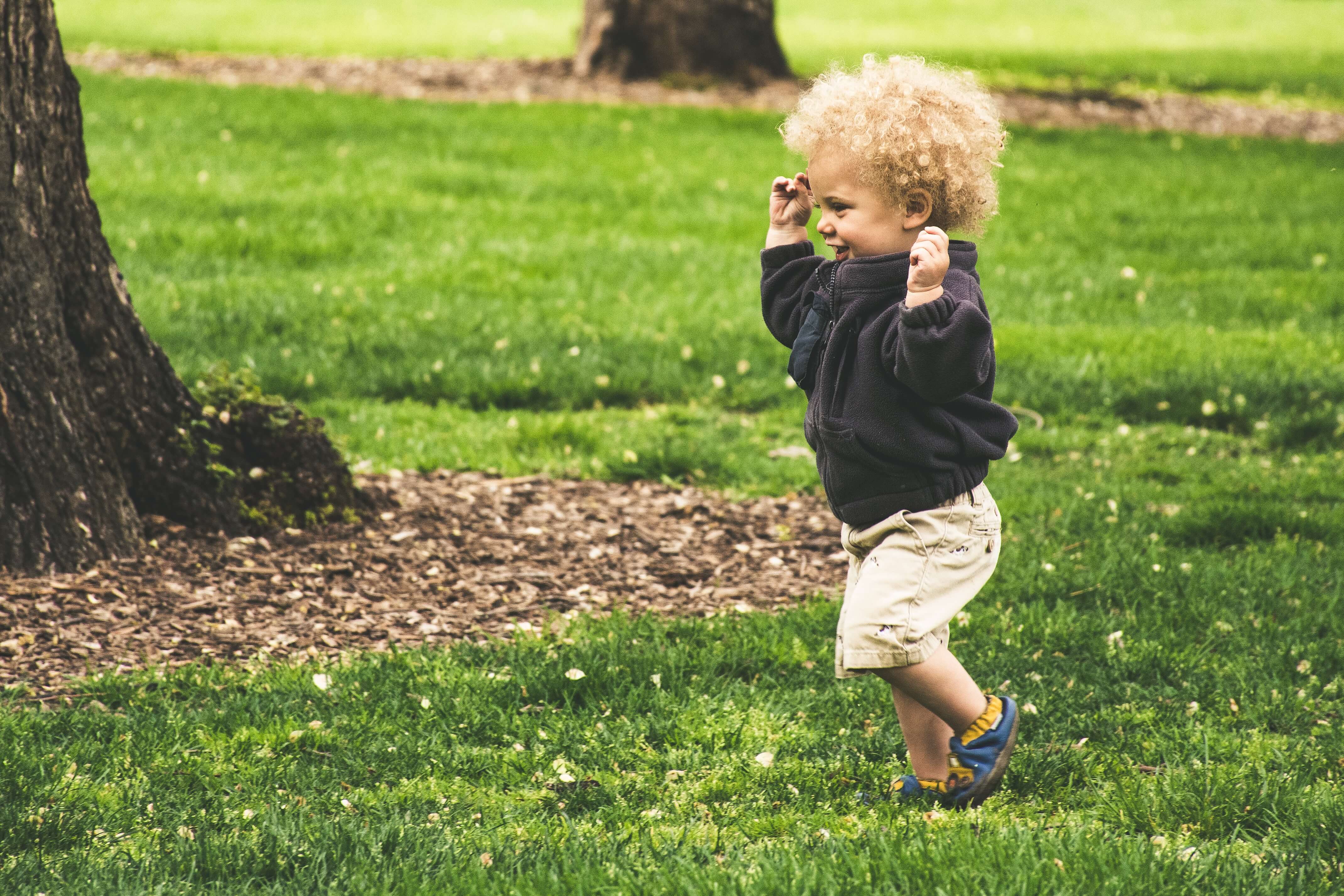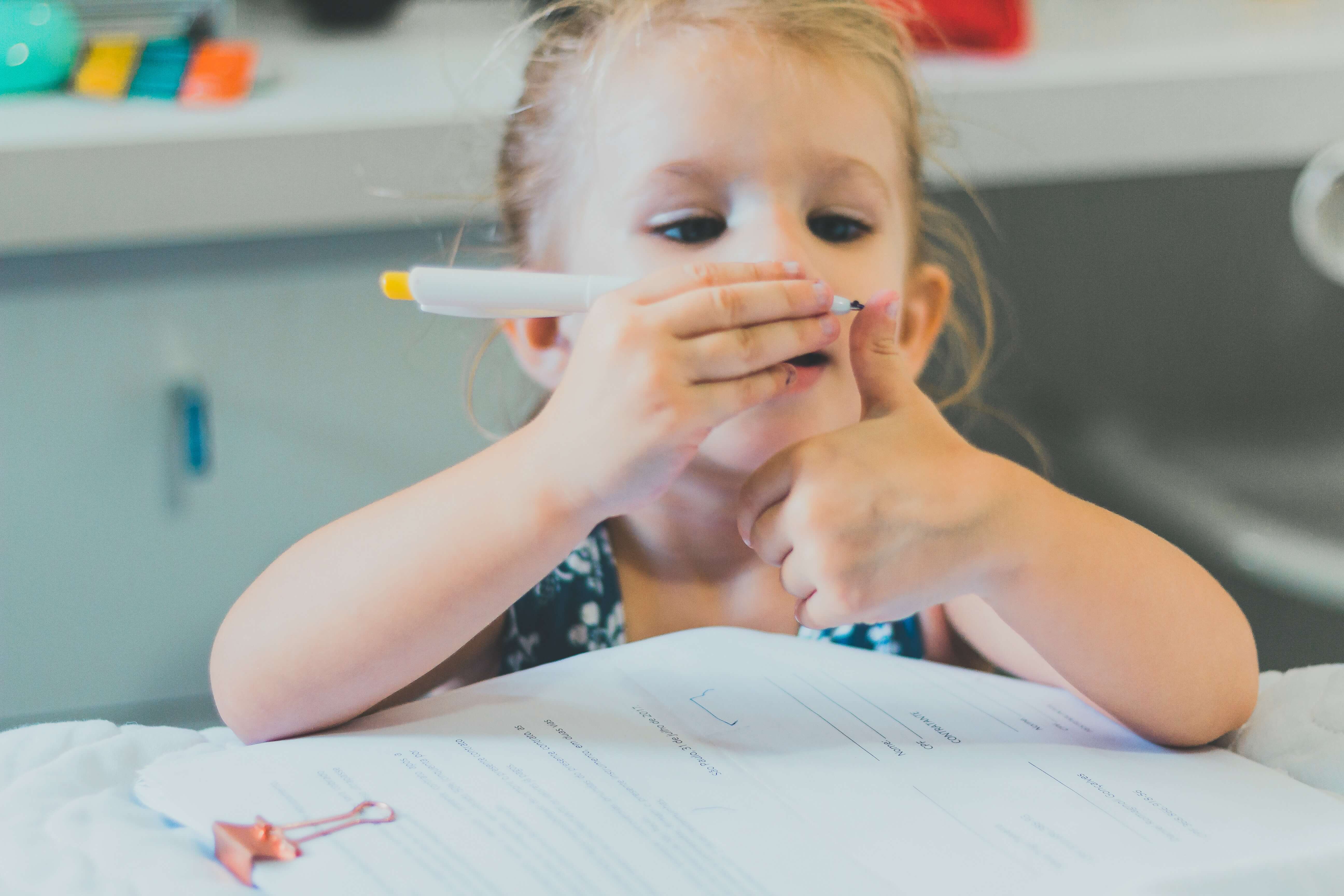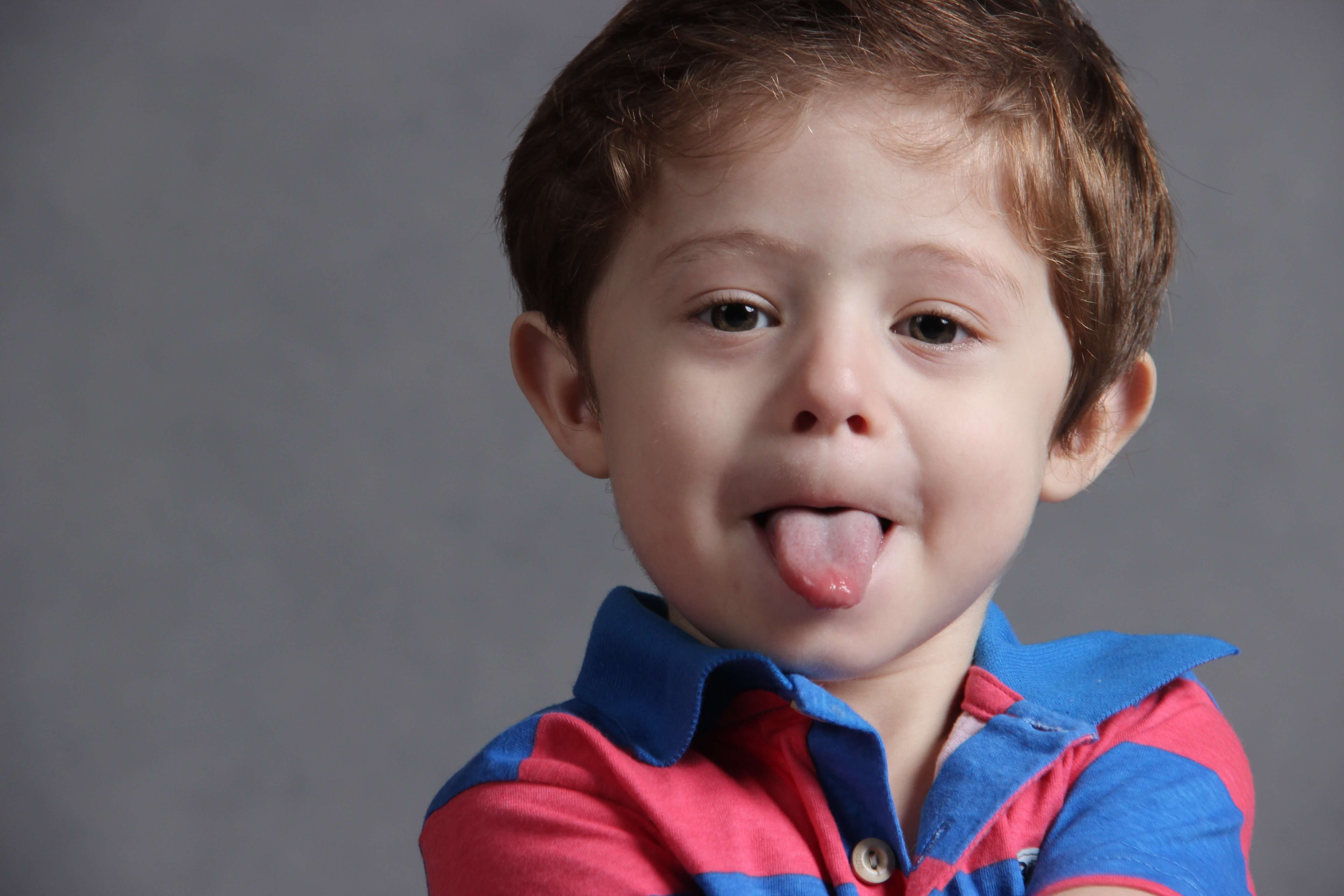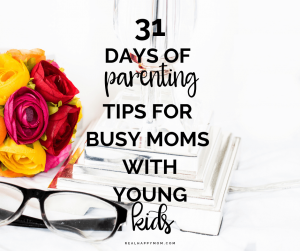Your toddler is growing up and learning a lot! They are perfecting walking amongst other other motor skills.
Your toddler is also undergoing emotional development and making strides in verbal communication.
During this time of language development, teaching your little one manners is the opportune time.
By making “please” and “thank you” some of the first words they learn, you are paving the way for manners to become a good habit.
And habits formed and reinforced this at this stage have the potential to last a lifetime.

Getting started with teaching good manners
One of the first steps you can take before your little one even begins to talk is setting a good example.
Children learn what they see, and seeing Mommy and Daddy using good manners will make a lasting impression.
So make an extra effort to be polite and considerate. Especially when your little one is watching.
Your husband will appreciate you saying thank you and your little one will see good manners in action.
Another thing you can do is point out good manners in other family members.
Praising older brothers and sisters who are polite will show your toddler that such things are rewarded and make him eager to learn how to get similar praise.

Introducing “Please” and “Thank You”
Once your child is saying a few words, you can begin to teach him “please” and “thank you.” These words are the cornerstones of good manners.
They are also absolutely adorable coming from a child who has just become verbal.
As with anything you teach a small child, repetition is the key. Saying please and thank you whenever appropriate is a good start.
When your toddler articulates that he wants something, ask him to say “please.” When someone gives him something, ask him to say “thank you.”
He may not catch on right away, but eventually, he will.
When I was teaching my oldest please and thank you, he just didn’t care to say thank you.
Whenever he would forget to say thank you with me prompting him, I would gently take back the toy or juice until he said thank you.
After a week or two of doing this, he was saying thank without prompting. Probably because he was tired of my talking his juice from him.
Once your child begins to say please and thank you, praise them each time they remember to do so.
Positive reinforcement will make them feel so good about themselves. And it will give the incentive to keep up the good work.
When they have mastered these please and thank you, you can move on to other phrases such as “excuse me.”

Tackling rude behavior
As your toddler gets older, he will inevitably exhibit rude behavior on occasion.
Little ones often do not understand that they can hurt people’s feelings with the things they say, so punishment is not the best answer.
If your child says something out of line, explain to them why it was wrong and how you expect him to behave. This definitely takes patience.
But don’t be discouraged. Your little one is listening even when you think they are not.

Raising a child with manners takes dedication and persistence. Teaching your toddler manners is no exception.
But it is well worthwhile when your toddler begins to use good manners on his own.
The manners you teach him now will be an asset to him for the rest of his life.

This post is a part of the series 31 Days of Parenting Tips for Busy Moms With Young Kids. Each day throughout the series I am discussing a different topic regarding parenting young kids. I’d love for you to follow along and share this series with moms who may need some support or just to hear that they aren’t alone in their journey of raising young kids.
Find all of the posts in one place on the series homepage: 31 Days of Parenting Tips for Busy Moms With Young Kids
